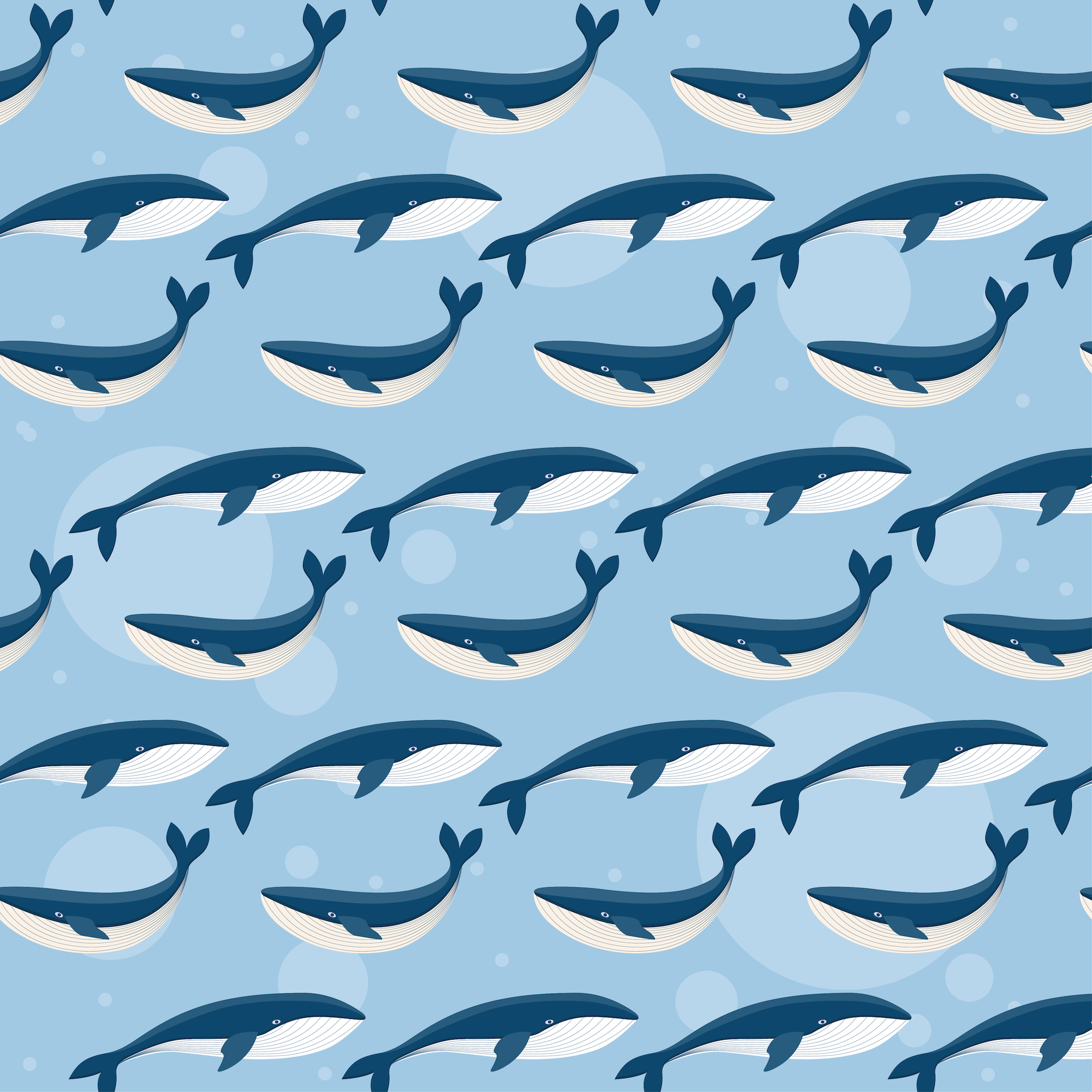Between may 18 and 20, 2010, fourteen Latin American and Caribbean countries – known as Buenos Aires Group (BAG) – met in San Jose, Costa Rica with the aim to define a joint position regarding the next annual meeting of the International Whaling Commission (IWC) that will be conducted in a few weeks in Agadir, Morocco.
The meeting was held in the middle of increasing pressures to gain the support of the BAG towards the negotiation proposal presented and promoted by the Chilean commissioner and current Chair of the IWC, ambassador Cristian Maquieira. The document in question seeks to define the future of this international organization by eliminating 25 years of global moratorium on commercial whaling and legalizing the so-called “scientific whaling” operations that Japan carries out in the Southern Ocean Whale Sanctuary.
Preparing the Field
The proposal was publicly presented on April 22nd, preceded by an unprecedented public relation campaign oriented to promote its benefits for the conservation of whales. Appealing to pragmatism and fear, arguments such as “If this initiative fails now, it means going back to years of acrimony”; “if the current negotiations failed there is a risk the IWC could collapse”; and “We can’t stop it (whaling); we can only try to control it”, from the commissioners of Chile, New Zealand and the Unites States respectively, prepared the field to expeditiously advance towards the adoption of the whaling proposal next june.
However, an avalanche of acid critics came shortly after. Whaling and no whaling nations, as well as a vast majority of non governmental organizations (NGOs) from Latin America and around the world, raised their voice rejecting a proposal that has been described, among others, as “offensive” by the Minister of Foreign Affairs of New Zealand, Murray McCully, and “unbalanced” by the Environmental Secretariat of Mexico (Semarnat).
Still the pressure to secure an agreement before the IWC meeting in Agadir continued by the Chair of the IWC, who issued a press release on may 7th using the IWC structure to promote the supposed benefits of killing whales for the conservation of cetacean populations and made several and polemic interviews in the written press and television of Costa Rica during the BAG meeting. According to the Financial Times of Costa Rica, ambassador Maquieira also invited his strategic ally, the US commissioner of the IWC, Monica Medina, to the BAG meeting. Nevertheless the visit never became effective.
New Courses
On the other hand, more than 25 NGOs from 14 Latin American countries met simultaneously in Costa Rica to observe the work conducted by the BAG and to reach a common position towards the 62nd annual meeting of the IWC in Morocco. As a result, on may 18 the NGOs issued a press release expressing their ““grave concern with the course that has taken the negotiating process to define the future of the IWC”, affirming that the proposal ““both through form and content, lacks minimal chances to continue being considered as a genuine basis for negotiation”.
The press release – that was distributed to the governmental representatives attending the BAG meeting – highlighted the work conducted by Australia during the last years, with the aim to truly modernize the IWC. The NGOs affirmed that recent initiatives proposed by this southern hemisphere country “have an absolute identity with the compromises stated repeatedly by our region’s States”.
In this context, the NGOs called the BAG to “coordinate actions with this historical ally of our region in this issue to offer an alternative proposal to promote actual cetacean conservation in the 21st Century”.
Overcoming Challenges
Under this complex panorama, the government of Costa Rica began the VII Meeting of the Buenos Aires Group. Without doubt one of the most complicated and possibly more difficult meetings since the establishment of this regional block in 2005. This due to the conjunctural moment of the IWC, which has to decide if it moves towards its modernization as the international organization for the conservation of cetaceans or becomes a fossil in charge of protecting the outdated and excluding economic interests of the whaling industries of Japan, Iceland and Norway.
The commercial pressures and assertions made by the president of the IWC about the importance of “encapsulating the whale issue” to maintain good bilateral relations with Japan, did not had an effect in the group of 14 Latin American and Caribbean countries congregated in Costa Rica. During three days of hard work, the GAB successfully reached an autonomous and pro-conservation position that guards the socioeconomic and environmental interests related to the conservation and non lethal of whales of the region.
In a press release issued on May 20, the BAG affirms that the negotiation proposal presented by the IWC Chair “falls well below the expectations of the BAG” and considers that the document “presents important imbalances”.
A Future for the Whales and Not the Whaling Industry
Similar to the Australian initiative, that seeks to resolve the legal loopholes affecting the governability of the IWC, the States represented by the BAG considered that the Chair’s proposal “postpones the discussion of elements considered fundamental, such as the reform of article V (reservations and objections), article VIII (scientific whaling)…” Consequently, the BAG proposes to address and resolve the main conflicting issues of the IWC instead of moving rapidly to the premature adoption of an unbalanced proposal that ignores the rights of the region to use whales by non-lethal means.
The BAG also proposes to completely phase out the so-called scientific whaling operations during a period of ten years. This is a significant improvement from the Chair proposal, but it is fundamental to immediately reduce to zero all whaling operations in the Southern Ocean Whale Sanctuary in order to eliminate any possibility that the interim period is used as an endorsement by the government of Japan to subsidy a new distant water whaling fleet.
Additionally, the BAG reaffirmed in Costa Rica its commitment with the maintenance of the moratorium on commercial whaling, the non lethal use of whales, the respect to whale sanctuaries, the creation of the South Atlantic Whale Sanctuary ad the need to modernize and make more efficient the work of the IWC.
Considering that the proposal presented by the Chair of the IWC eliminates de facto the moratorium; ignores the non lethal use of whales as a fundamental element of any negotiation; violates the principles of whale protection establish by whale sanctuaries; and draw back the work of the IWC to its darkest times, the press release issued by the BAG suggests that the job conducted until date by the Chair of the IWC is far from having the support of the region and from representing the interests and policies of Latin America in conservation and non lethal use of cetaceans.
The position adopted by the BAG in Costa Rica represents a historical step towards the exploration of new alliances among the majority of members of the IWC that do not conduct any whaling operations, with the aim to move towards the positive restructuring of a process and a proposal that are severely question, as well as advancing to the consolidation of new initiatives to define the future of the IWC in a modern, participative and above all, transparent manner.
By: Elsa Cabrera, executive director, Centro de Conservación Cetacea y Juan Carlos Cárdenas, executive director, Centro Ecoceanos



